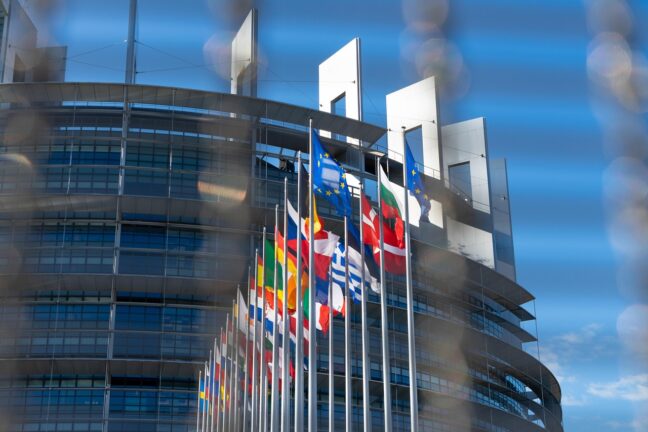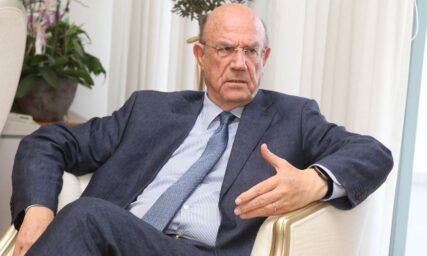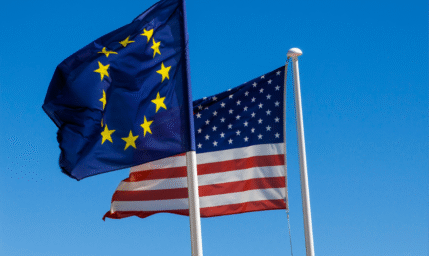The European Commission will recommend that visa restrictions be tightened for Russian nationals by the end of 2025, anonymous diplomatic sources from states bordering Russia say. These countries have called for tighter restrictions since Russian President Vladimir Putin invasion into Ukraine in February 2022.
The EU’s visa facilitation agreement with Russia was suspended in September 2022, around eight months after the conflict in Ukraine began. However, hundreds of thousands of Russian citizens still apply for short-term Schengen visas each year.
Member states adopt different policies
Visa regimes fall under the competence of individual member states. While countries such as Poland, Czechia, and Finland apply stricter measures, others—including France, Spain, and Hungary—have been less restrictive. More than half a million Russians received Schengen visas in 2024.
Not all member states agree that the European Commission’s guidelines, which are non-binding, would be helpful. Some observers, such as Yulia Navalnaya, cited by Politico, argue that they may harm ordinary Russians rather than Putin’s regime itself.
Visa restrictions may harm ordinary Russians rather than Putin’s regime itself. — Yulia Navalnaya, widow of late Russian opposition leader Alexei Navalny
According to sources, the visa recommendations have not yet been finalised but are under discussion. They could form part of the EU’s 19th sanctions package against Russia. The EU is seeking ways to bring Russia to the negotiating table. However, Russia has instead intensified its attacks on Ukraine and civilian infrastructure, leading to further casualties.
No progress on diplomatic front
The move follows limited outcomes from a summit in Alaska in August, where Russian President Vladimir Putin met with his US counterpart Donald Trump. Despite being welcomed on the red carpet, behind closed doors Mr Putin rejected proposals for a peace deal with Ukraine or ceasefire. The subsequent press conference showed startlingly little sign of diplomatic progress.
The EU has consistently and fully supported Ukraine in its defence since the beginning of the conflict and continues to condemn Russian aggression. The bloc is considering different means of pushing the Putin regime to end hostilities.











